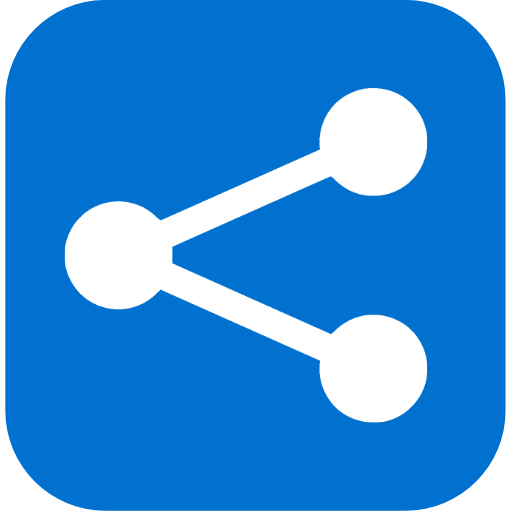A blockA block is a specific type of construct in a blockchain that stores transactional information blocks typically contain transaction information... explorer is an application (or website) that displays information and the status of transactions for a given blockchain networkA blockchain network is a decentralized system that allows for peer-to-peer transactions. The main components of a blockchain network are.... Block explorers provide an interface for users to view, query, and navigate a blockchainAs a distributed ledger technology (DLT), a blockchain is a digital ledger that can create an immutable record of transactions..... Users can explore transactionA transaction is a record of an event that occurred in the past. Transactions typically occur during the course of... information such as sender, receiver, and amounts; check the balance of addresses; trace transactions associated with a particular walletWallets are a digital storage facility for digital currency. A wallets can exist as a software program on a computer...; or see what smart contracts have been deployed on the blockchain. Block explorers run their own nodes (to become part of the blockchain network) and index transaction information relevant to their users. Users can easily access blockchain data to monitor transactions or verify that a transaction has occurred without running their own nodeNodes are individual computers connected to the blockchain network that validate and relay transactions. Nodes may receive cryptocurrency rewards as.... Block explorers are used to exploring both public blockchains and private blockchains. However, not all blockchains provide block explorer access. Private and permissioned blockchains may restrict access or limit it to participants only.
